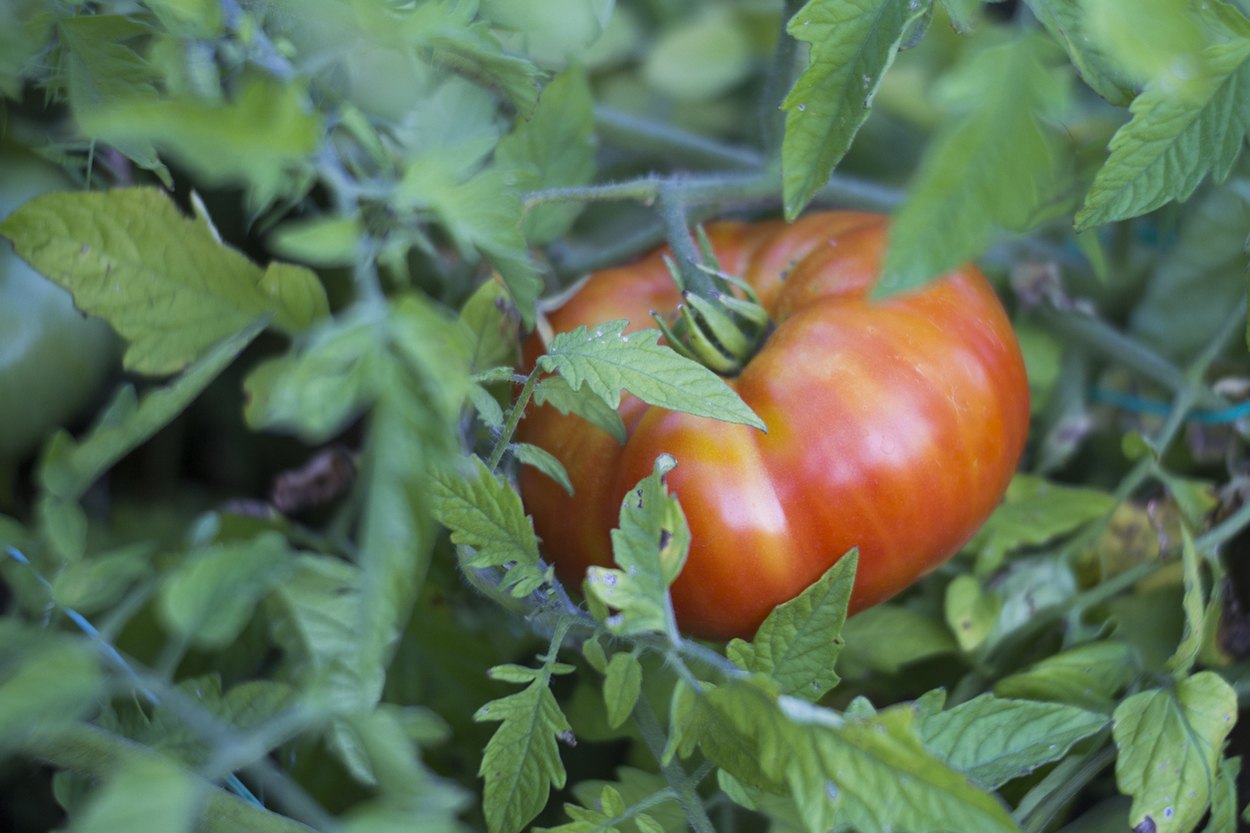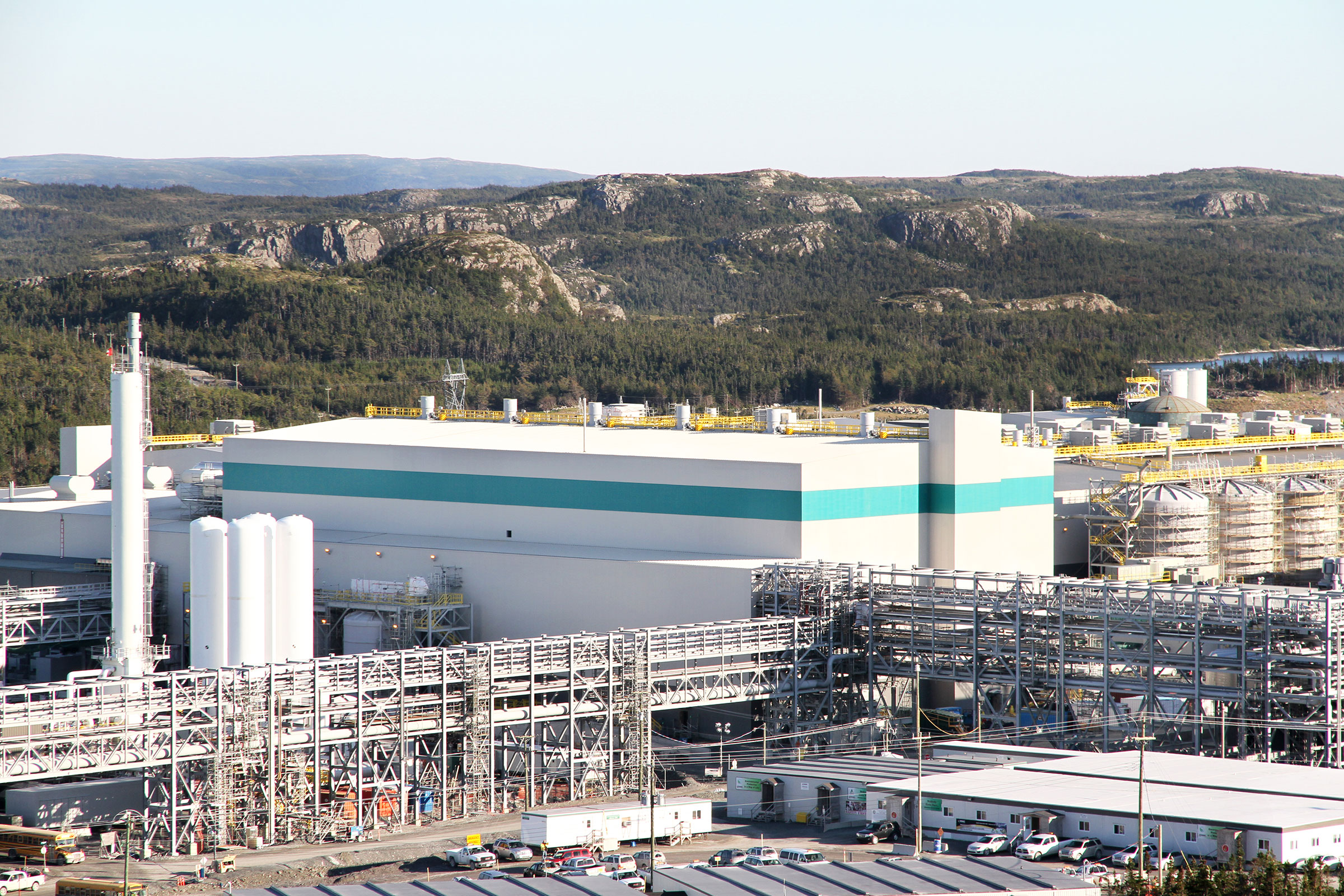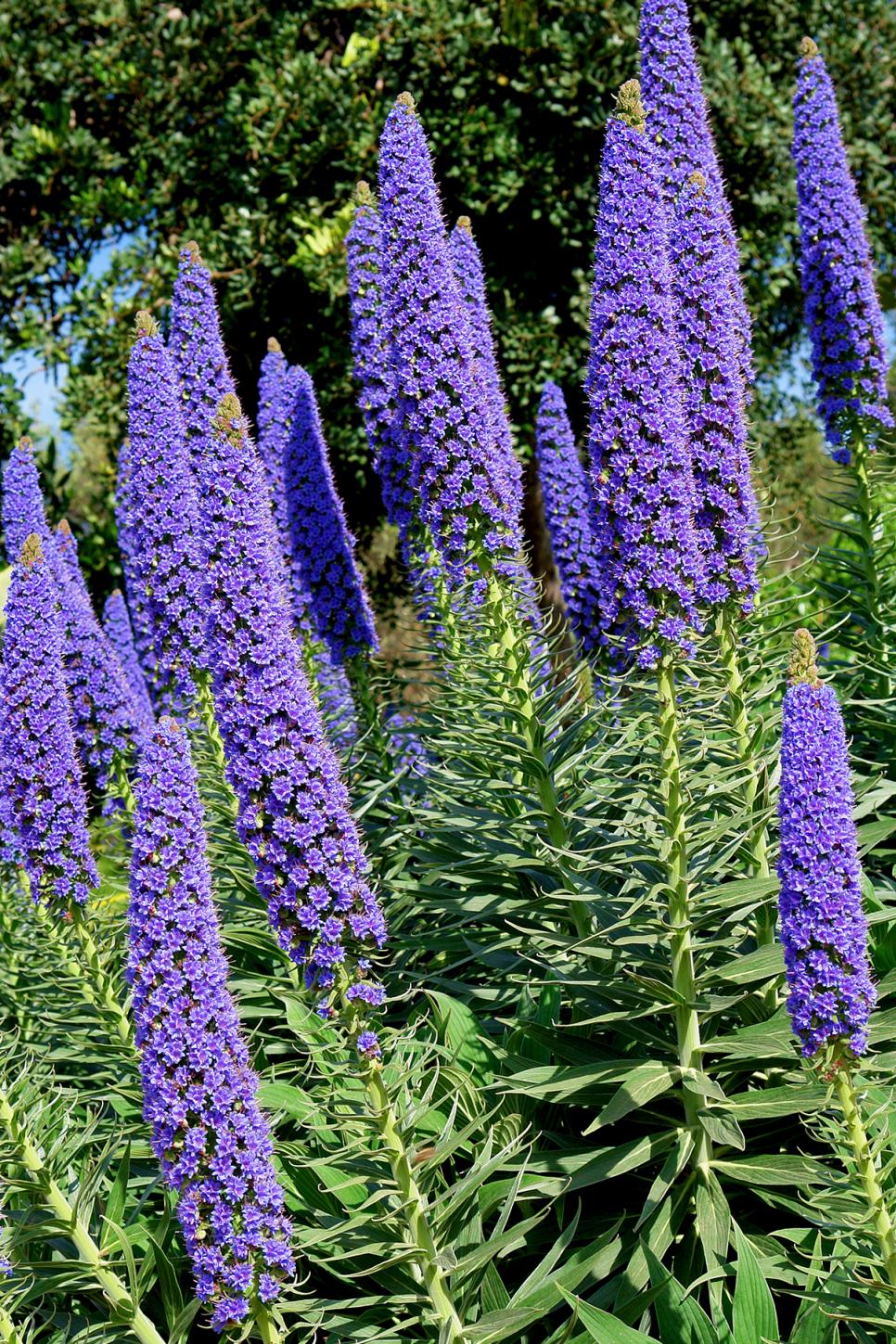Your How to measure light for plants images are ready. How to measure light for plants are a topic that is being searched for and liked by netizens today. You can Download the How to measure light for plants files here. Find and Download all free vectors.
If you’re looking for how to measure light for plants pictures information related to the how to measure light for plants topic, you have visit the ideal site. Our site frequently gives you suggestions for seeing the highest quality video and image content, please kindly surf and find more enlightening video articles and images that match your interests.
How To Measure Light For Plants. Turn on the lights, take your measurement from a central area of the space, ensure your light meter is set up to record your new reading. Ppf is the quantity of useful light (par) that a light source emits. Installation, maintenance and testing guide using the machine is very easy. The method we use is to hold the light meter as close to the leaves of the plant as possible, with the sensor pointed away from the plant, in the direction of the incoming light.
 3 in1 Soil Water PH Tester Moisture Light Test Meter For From ebay.co.uk
3 in1 Soil Water PH Tester Moisture Light Test Meter For From ebay.co.uk
The light meter will then measure the lighting levels and obtain useful readings. And ppfd is the measurement of ppf over a defined area and at a certain distance from the light source. This is an essential measure because it indicates the amount of light available to the plant for its photosynthesis. This equivalent of a ‘2 gallon per hour’ flow rate for light is called ppfd, or photosynthetic photon flux density, and it is measured in umol/m2/sec. Of course, the difficulty here is that the measurement changes based on numerous factors, including the time of day, whether you are indoors or outdoors, and which direction the meter is facing. When infrared light is directed at a plant or leaf in a closed space or chamber, there is less co2.
Ppf is the quantity of useful light (par) that a light source emits.
In the case of dr.meter 1330b, just place the light sensor near or at the same level as the leaves of the plant, making sure that the sensor is facing the light source. If your plant is against a wall, you can point the sensor against the wall to get an idea of how much light the back side of your plant is getting. Ppf and ppfd are used to measure light that drives photosynthesis in plants which is known as photosynthetically active radiation (par). Par is measured in two ways: Run the arduino software and paste the code above into the code window. This is because we want to measure indirect light and not direct light.
 Source: ennologic.com
Source: ennologic.com
The direct analogy to lux, the ppfd is expressed in micromoles per second per m² (µmol / s / m²). It allows quantifying on a given surface, at a given distance from the lighting, the number of photons par incidents per second. Gas exchange is used most often as the way to measure photosynthesis, and there are a few different techniques. Here is the process for measuring fresh weight: Using a light sensor is easy.
 Source: ebay.co.uk
Source: ebay.co.uk
How to measure light for your indoor plants. This equivalent of a ‘2 gallon per hour’ flow rate for light is called ppfd, or photosynthetic photon flux density, and it is measured in umol/m2/sec. Visit the software summary page to find the code that runs on the light meter. Still low light intensity but bright enough to read. Water + fertilizer + light = healthy plants as every plant owner knows, the magical trio of care elements for raising a healthy specimen is water, fertilizer, and light.
 Source: greeneryunlimited.co
Source: greeneryunlimited.co
Turn on the lights, take your measurement from a central area of the space, ensure your light meter is set up to record your new reading. They measure by counting the photons. Plug into the computer with the arduino�s usb cable. The easiest way to understand how light is measured is by picturing the typical light bulb with a filament that heats up producing light (incandescent if you read the previous section). So measure when your plants can see the sky, but not the sun.
 Source: cid-inc.com
Source: cid-inc.com
This application allows you to measure the light levels of indoor plants. Discover how to measure light intensity in your home using your smartphone. “5 hours”) such that you can deliver the right volume of light, or dli (i.e. Still low light intensity but bright enough to read. Ppf and ppfd are used to measure light that drives photosynthesis in plants which is known as photosynthetically active radiation (par).
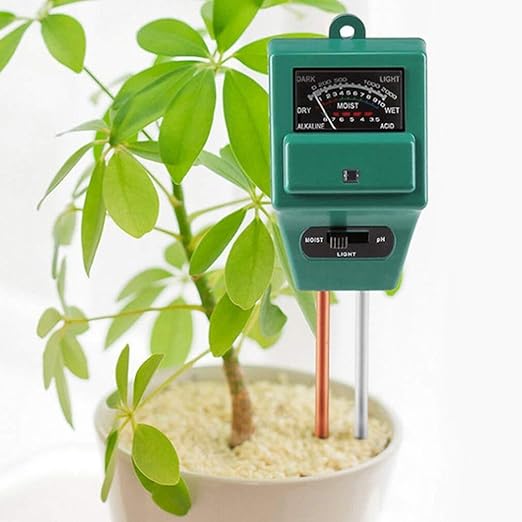 Source: amazon.com
Source: amazon.com
Discover how to measure light intensity in your home using your smartphone. The method we use is to hold the light meter as close to the leaves of the plant as possible, with the sensor pointed away from the plant, in the direction of the incoming light. Just plug it all together as shown in the hardware summary page. This is a measurement based on the light intensity of a single candella. Since growth is determined by the total integrated amount of photons that a plant receives each day, this daily light integral (dli) must be measured to accurately predict plant growth.
 Source: toolscolony.com
Source: toolscolony.com
This application allows you to measure the light levels of indoor plants. Run the arduino software and paste the code above into the code window. Water + fertilizer + light = healthy plants as every plant owner knows, the magical trio of care elements for raising a healthy specimen is water, fertilizer, and light. Growing a healthy plant indoors will require some knowledge of both the target ppdf and the duration (i.e. However, if you need very precise measurements, the use of professional equipment is recommended.
 Source: globalmedicalshop.com
Source: globalmedicalshop.com
10 rows ppf is measured in umol/s. Since growth is determined by the total integrated amount of photons that a plant receives each day, this daily light integral (dli) must be measured to accurately predict plant growth. About 40 percent of the midday sun, or direct light coming through windows, bright light and appropriate for plants that require good, strong light intensity. Using a light sensor is easy. Discover how to measure light intensity in your home using your smartphone.
 Source: ebay.co.uk
Source: ebay.co.uk
When infrared light is directed at a plant or leaf in a closed space or chamber, there is less co2. Another method you can use to determine light intensity is food candles. For grow lights, we only care about light that is useful to the. Using a light sensor is easy. Blot plants gently with soft paper towel to remove any free surface moisture.
 Source: diymore.cc
Source: diymore.cc
The easiest way to understand how light is measured is by picturing the typical light bulb with a filament that heats up producing light (incandescent if you read the previous section). Of course, the difficulty here is that the measurement changes based on numerous factors, including the time of day, whether you are indoors or outdoors, and which direction the meter is facing. The direct analogy to lux, the ppfd is expressed in micromoles per second per m² (µmol / s / m²). Measure par at the distance your light will be hung, but experiment with other heights to see if you are even at the best height. Ppf and ppfd are used to measure light that drives photosynthesis in plants which is known as photosynthetically active radiation (par).
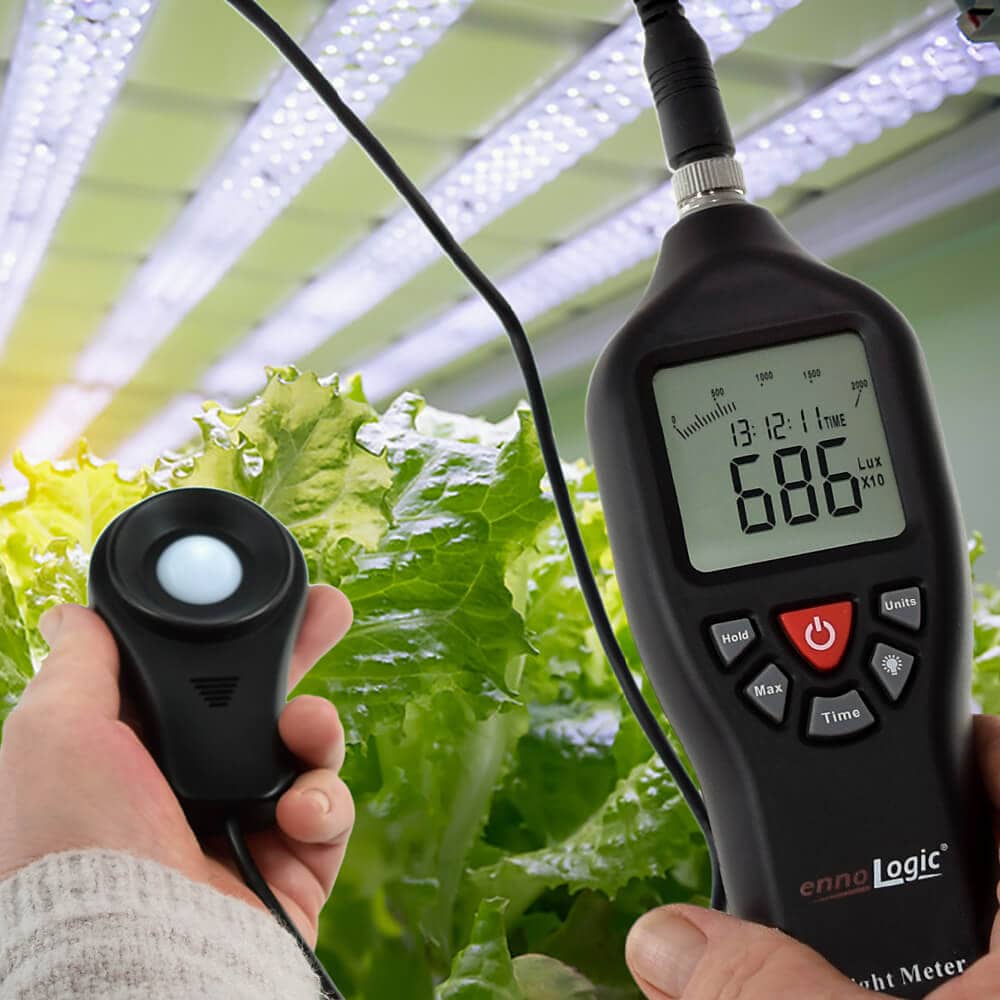 Source: ennologic.com
Source: ennologic.com
Therefore, in general, you want to choose a grow light with a high par output so that your plants are getting as much usable light as possible. This application allows you to measure the light levels of indoor plants. They measure by counting the photons. Ppf and ppfd are used to measure light that drives photosynthesis in plants which is known as photosynthetically active radiation (par). If you are measuring a plant in a pot, the ruler should begin at ground level.
 Source: aliexpress.com
Source: aliexpress.com
Water + fertilizer + light = healthy plants as every plant owner knows, the magical trio of care elements for raising a healthy specimen is water, fertilizer, and light. Blot plants gently with soft paper towel to remove any free surface moisture. Not appropriate for most plants. This is because we want to measure indirect light and not direct light. How to measure light for your indoor plants.
 Source: gardenerideas.com
Source: gardenerideas.com
🌱 (+free pdf) watch later. Using a light sensor is easy. When infrared light is directed at a plant or leaf in a closed space or chamber, there is less co2. Plants actually need more red and blue light for photosynthesis, so if you really want to get accurate with your light readings for plants you should use a par(photosynthetically active radiation) meter. The direct analogy to lux, the ppfd is expressed in micromoles per second per m² (µmol / s / m²).
 Source: herbswithin.com
Source: herbswithin.com
Here is the process for measuring fresh weight: Ppf and ppfd are used to measure light that drives photosynthesis in plants which is known as photosynthetically active radiation (par). Make sure that the ruler begins at zero on the bottom. Run the arduino software and paste the code above into the code window. “5 hours”) such that you can deliver the right volume of light, or dli (i.e.
 Source: walmart.com
Source: walmart.com
🌱 (+free pdf) watch later. If your plant is against a wall, you can point the sensor against the wall to get an idea of how much light the back side of your plant is getting. Visit the software summary page to find the code that runs on the light meter. “5 hours”) such that you can deliver the right volume of light, or dli (i.e. Best practices for measuring grow light par.
 Source: toolscolony.com
Source: toolscolony.com
How to use a lux meter with your plants? Not appropriate for most plants. The light meter will then measure the lighting levels and obtain useful readings. Measure par over the entire footprint of the grow light and get an average; And ppfd is the measurement of ppf over a defined area and at a certain distance from the light source.
Source: ebay.com
Co2 measurement uses infrared light, while o2 measurement requires electrochemical sensors. So measure when your plants can see the sky, but not the sun. The light meter will then measure the lighting levels and obtain useful readings. How to use a lux meter with your plants? Plug into the computer with the arduino�s usb cable.
 Source: ebay.com
Source: ebay.com
Plug into the computer with the arduino�s usb cable. In the case of dr.meter 1330b, just place the light sensor near or at the same level as the leaves of the plant, making sure that the sensor is facing the light source. About 40 percent of the midday sun, or direct light coming through windows, bright light and appropriate for plants that require good, strong light intensity. This is a measurement based on the light intensity of a single candella. However, if you need very precise measurements, the use of professional equipment is recommended.
 Source: walmart.com
Source: walmart.com
Therefore, in general, you want to choose a grow light with a high par output so that your plants are getting as much usable light as possible. How to use a lux meter with your plants? Make sure that the ruler begins at zero on the bottom. Blot plants gently with soft paper towel to remove any free surface moisture. Not appropriate for most plants.
This site is an open community for users to do submittion their favorite wallpapers on the internet, all images or pictures in this website are for personal wallpaper use only, it is stricly prohibited to use this wallpaper for commercial purposes, if you are the author and find this image is shared without your permission, please kindly raise a DMCA report to Us.
If you find this site adventageous, please support us by sharing this posts to your preference social media accounts like Facebook, Instagram and so on or you can also bookmark this blog page with the title how to measure light for plants by using Ctrl + D for devices a laptop with a Windows operating system or Command + D for laptops with an Apple operating system. If you use a smartphone, you can also use the drawer menu of the browser you are using. Whether it’s a Windows, Mac, iOS or Android operating system, you will still be able to bookmark this website.


